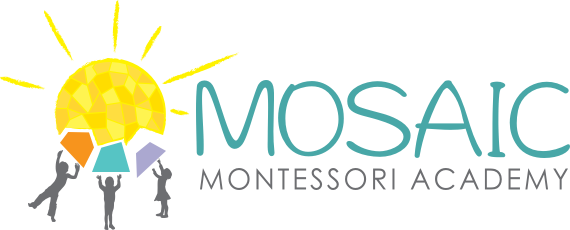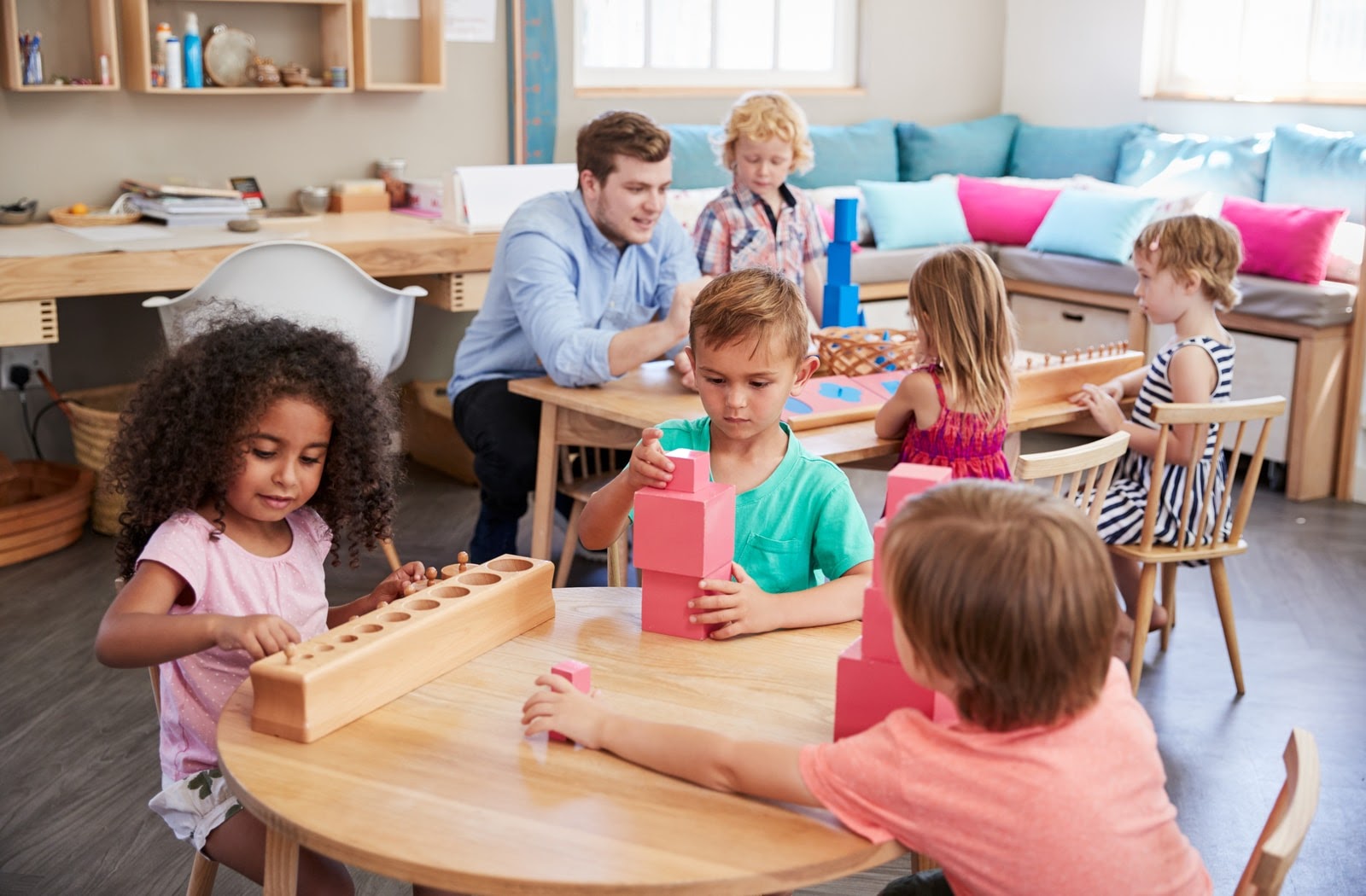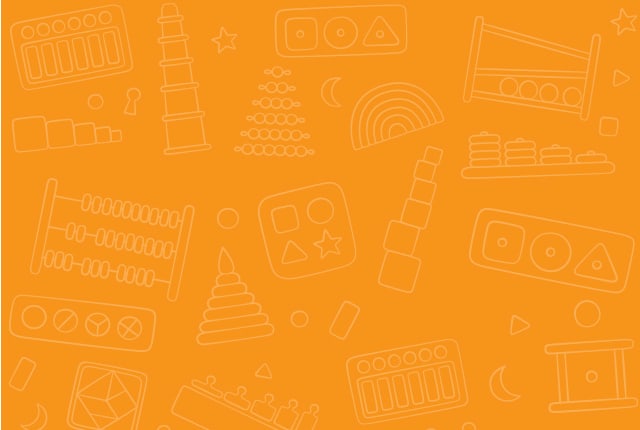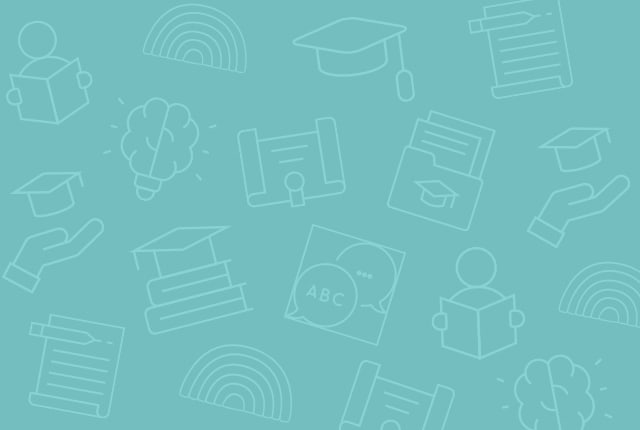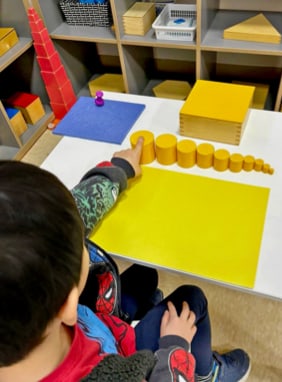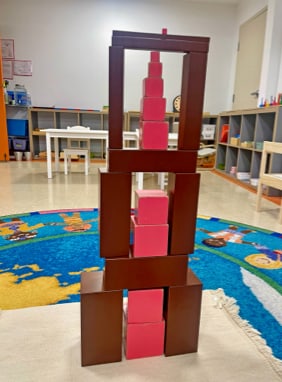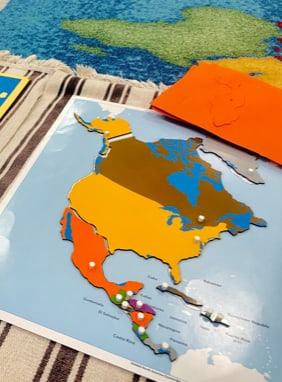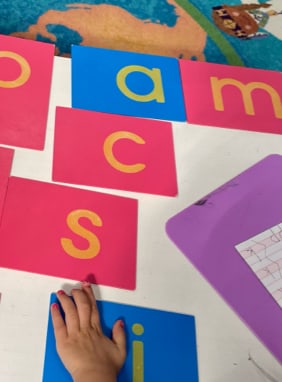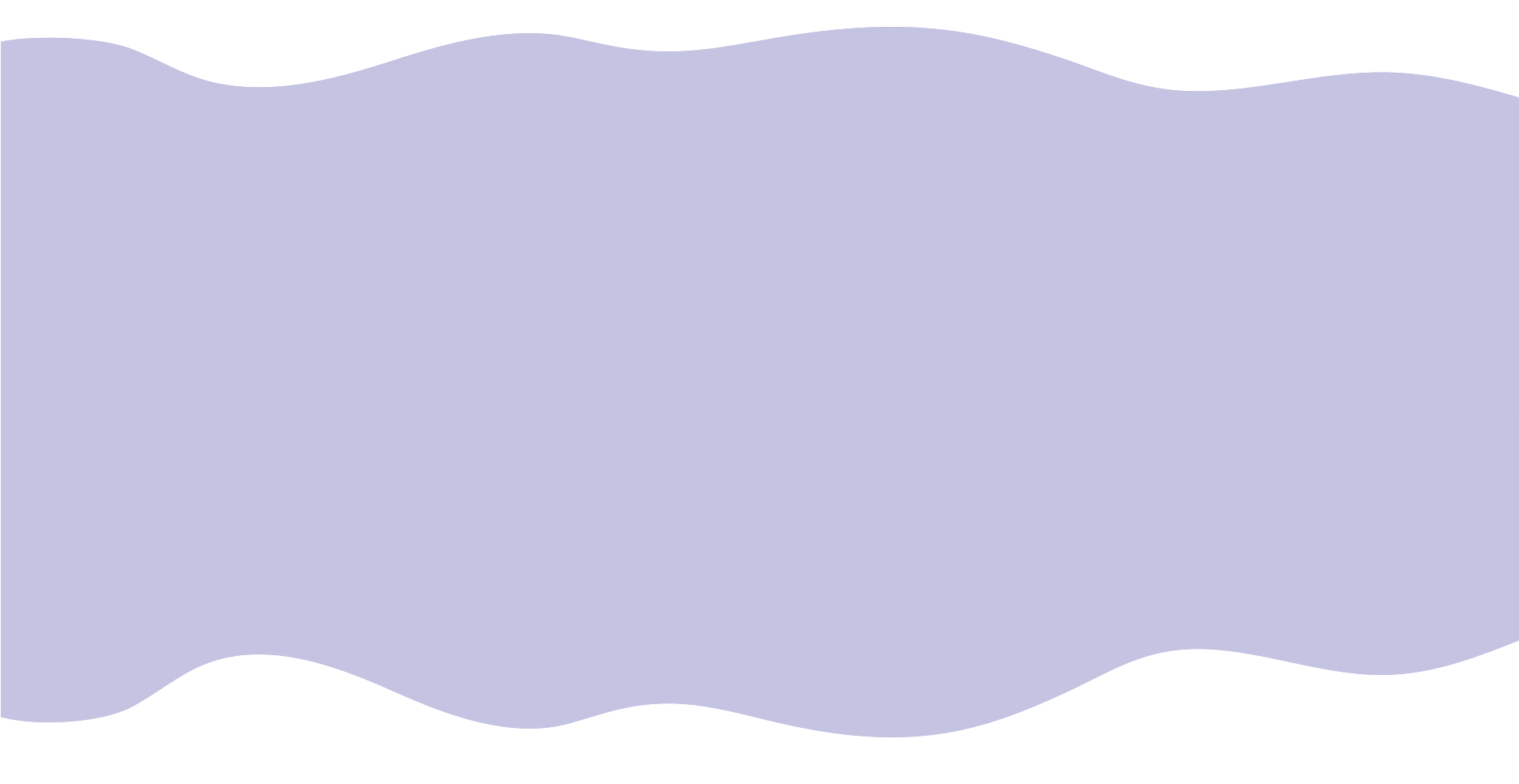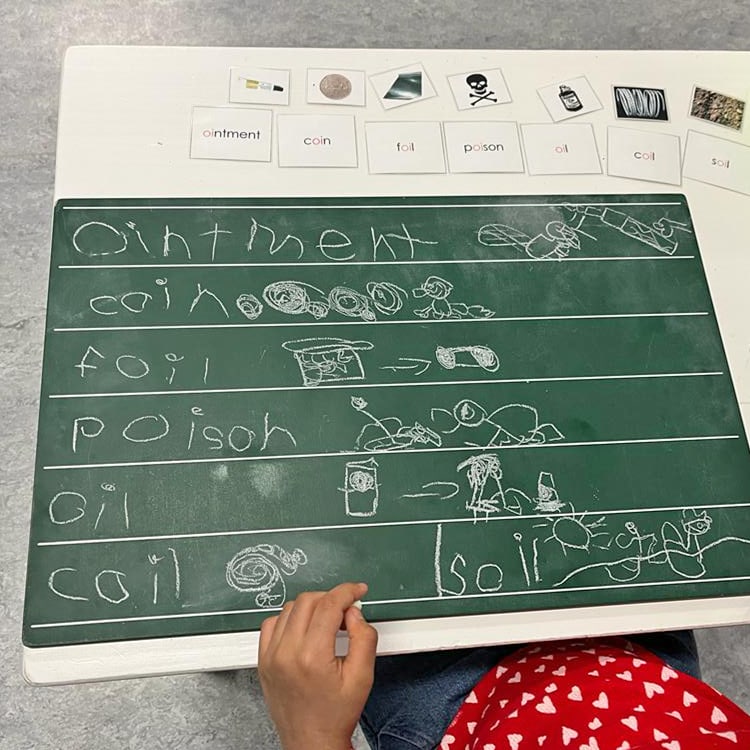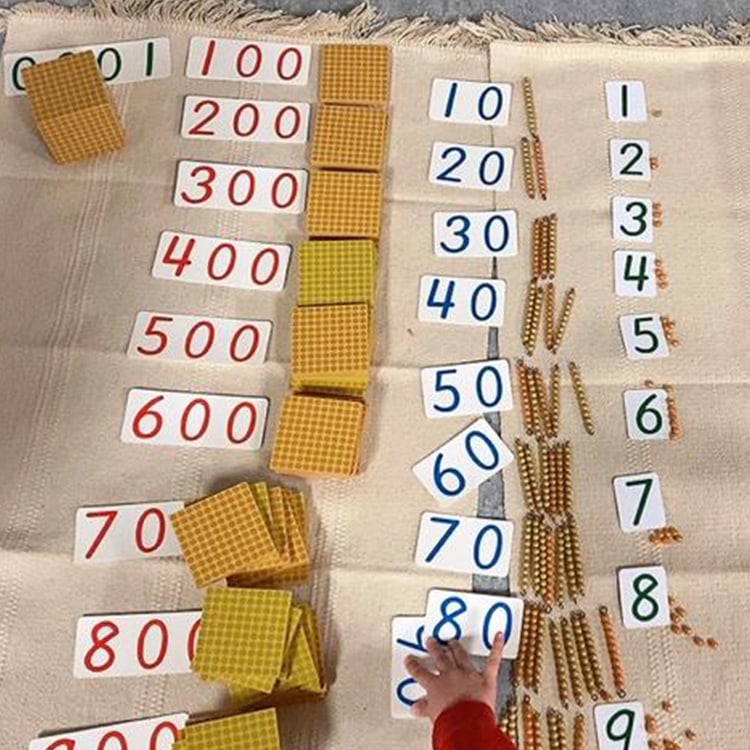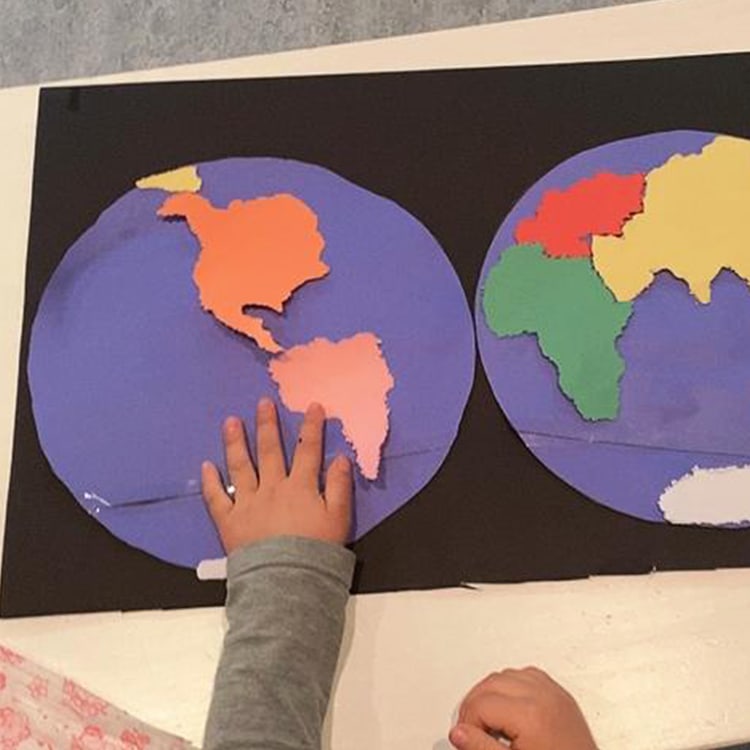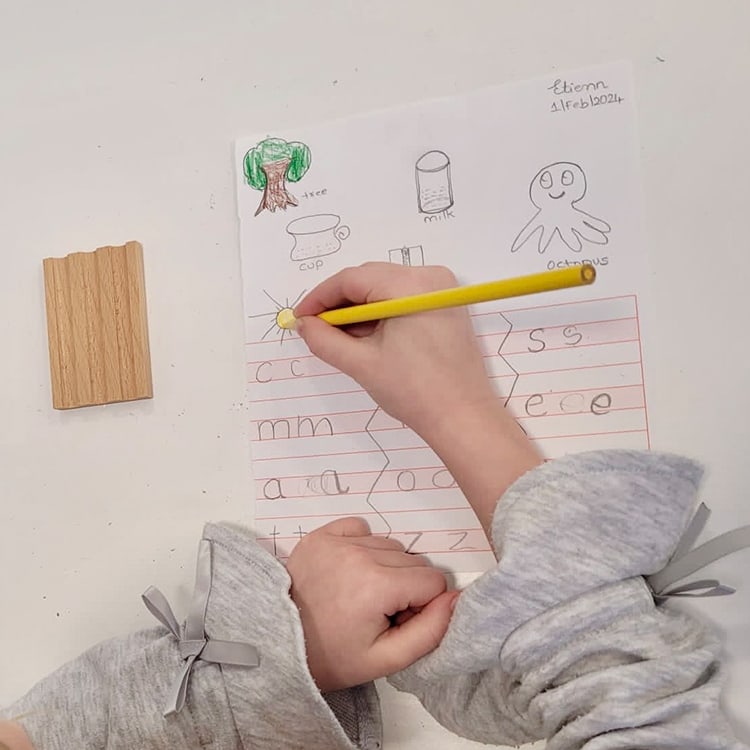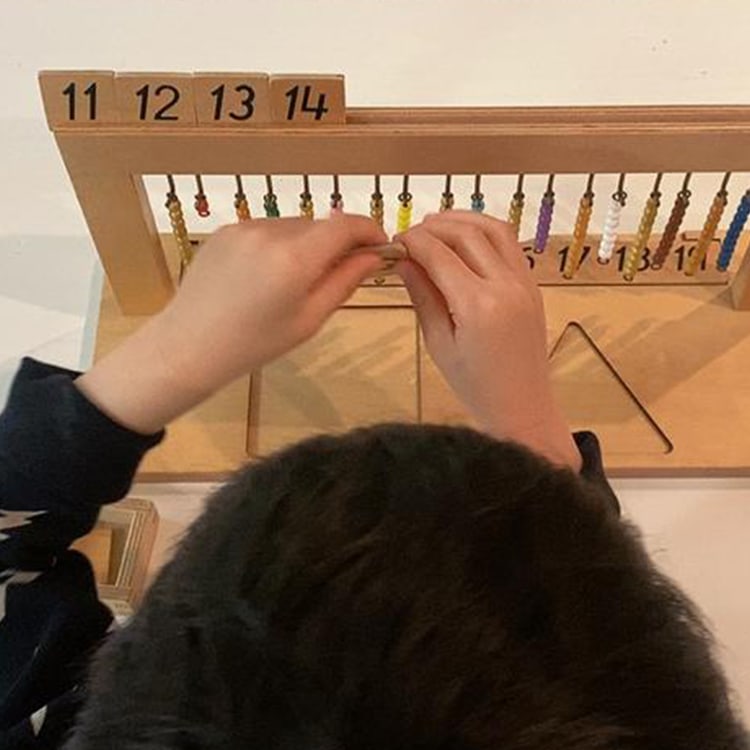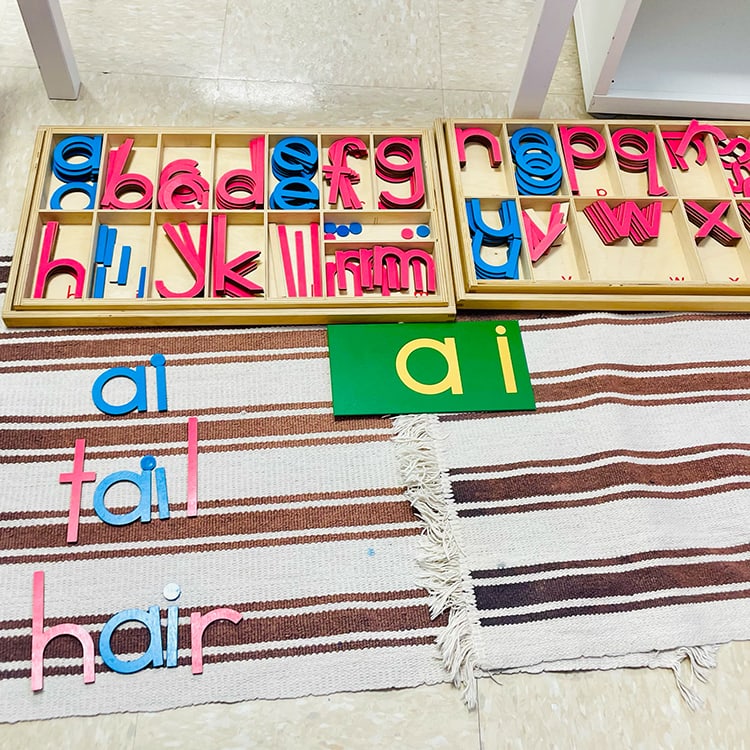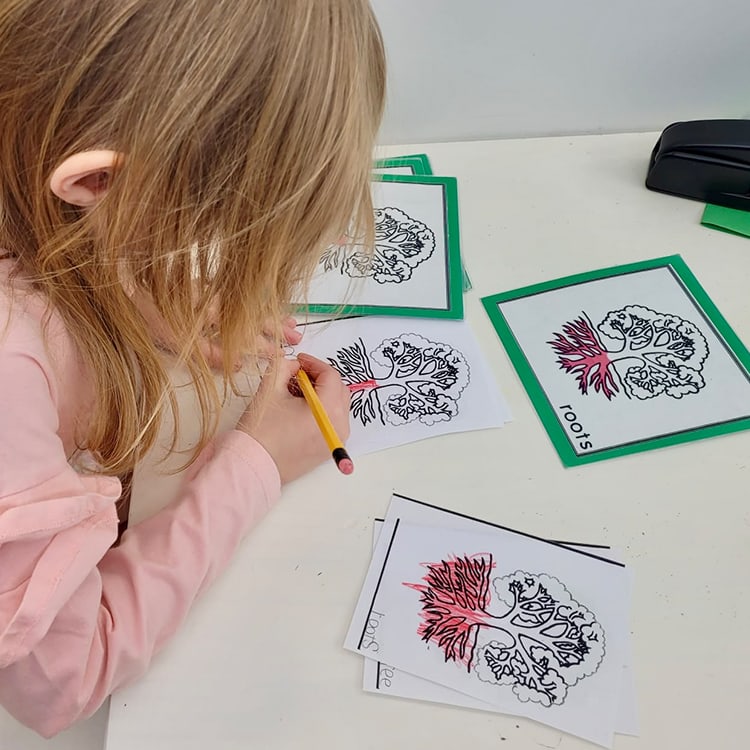Children have an almost sponge-like ability to absorb information, and Montessori nurtures this. Individualized learning is effective for young children, but does the Montessori Method work for older children? Continue reading to learn more about Montessori and its effectiveness with older children.
What is the Montessori Method?
Dr. Maria Montessori’s theory discusses how children’s minds are most absorbent from birth to age 6, and they have the highest levels of information retention. A child in a Montessori classroom is guided towards their interests, taught independence, and given the freedom to learn.
This environment has a hands-on approach to independent learning and is a mixture of a playroom and a workshop. Sensory-based materials help develop concentration, coordination, and other skills at your child’s independent pace. Children of different ages group to cultivate peer-to-peer learning they may not encounter otherwise.
If children age most susceptible to learning until age 6, is Montessori only effective for young children?
Is Montessori Only for Young Children?
The idea of Montessori being only for preschool children is a general assumption, and this education must cater to each child’s individual development. A classroom’s environment changes for a child’s specific needs.
Children develop in different stages, and they have a greater understanding of the world as they age. Because of this, environmental learning suited for young children is less effective for older students. The planes of development guide the learning opportunities a child has at different ages.
The Planes of Development
The planes of development highlight the possible opportunities and advantages a child has at different ages. These planes include:
- Environmental learning
- Social & societal learning
- Adolescence & psychological development
- Cultural & influential learning
Environmental Learning (Ages 0-6)
Children this age learn from being in an environment. Children are responsive to sensory information from interacting with their environment and the materials inside. Children develop the beginnings of their personality during this time.
Think of your child’s mind like a sponge during this time of development. Children have a desire for independence and to “do things themselves.” They wish to discover what things are, and reading, writing, and mathematics are impactful tasks for a child to develop.
Social & Societal Learning (Ages 6-12)
Children wish to discover why things are a certain way during this developmental plane. Expect your child to seek to understand the “why” behind something. Children complete the initial formation of their personalities here.
A child in this age range has a basic understanding of the world and wishes to engage with it. They have a strong desire to work within their community on meaningful tasks and they use their imagination to understand abstract concepts.
Also, your child begins learning about their knowledge of empathy, compassion, and teamwork.
Adolescence & Psychological Development (Ages 12-18)
This period lays the groundwork for a teenager’s growth into a contributing adult. Children ages 12 to 18 focus on the idea of “who am I?”
This is a period of immense physical and mental growth while teens experience puberty, and this is the time your child usually looks for emotional independence. Expect challenges with concentration during a time of self-reflection, self-concern, and critical thinking.
Cultural & Influential Learning (Ages 18-24+)
When teenagers transition into adulthood, they ask themselves the question of “what will I do?” This age range creates almost complete independence and an “I got this” attitude. Students embrace different cultures and natural science.
They utilize the thought and problem-solving skills learned throughout their lives to increase their understanding of the world.
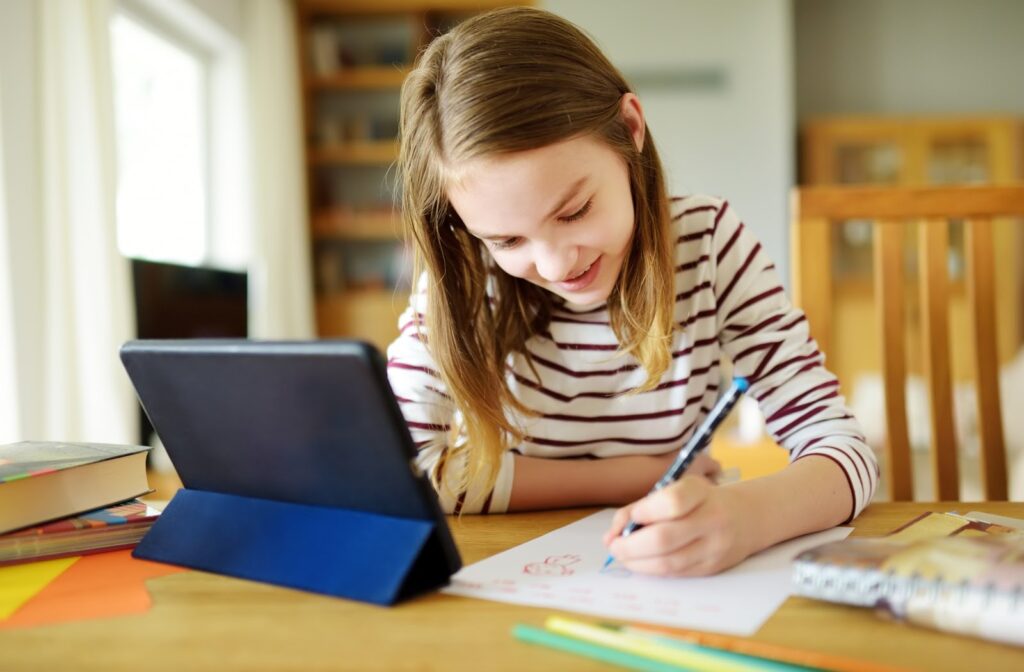
Does Montessori Work for Older Children?
Montessori is not limited to a specific age group; the classroom must adapt to the child’s specific needs. If your child is familiar with Montessori, their learning is different as they age, but this education is still effective in fostering their independence and growth.
When children enter the next plane of development, social & societal learning, they’re less reliant on concrete materials. You will find fewer materials in an upper Montessori classroom, but there are still many materials offered for math and language. If a child is past a plane of development, the initial Montessori levels are ineffective for learning.
For older children unfamiliar with Montessori, this education can still be effective but harder to learn.
Older Children Unfamiliar with Montessori
If an older child unfamiliar with Montessori teaching enters the classroom, a potential challenge is creating an interest in learning. A love of knowledge develops in the environmental phase of learning students who missed this foundational stage may have trouble fostering their independent study.
Older children unfamiliar with Montessori may have a harder time adjusting, but they can still have an impactful learning experience.
The Montessori Method is for Everyone
No matter where your child is on the developmental plane, the Montessori Method is an effective way to foster a love of learning. If you’re interested in enrolling your child in a Montessori school, contact your local campus.
